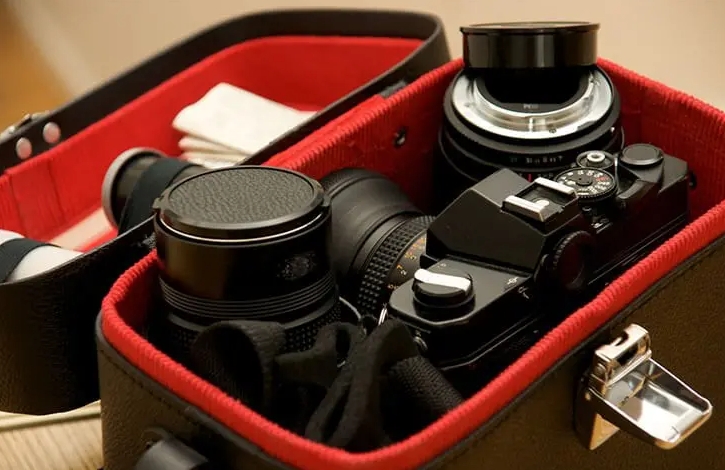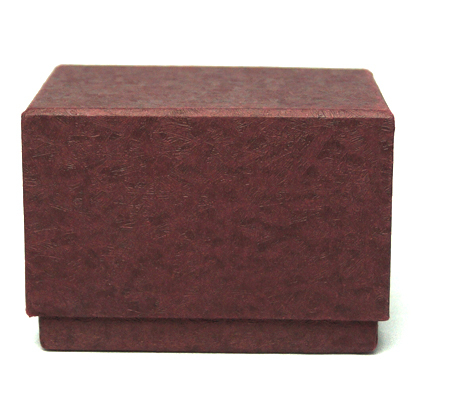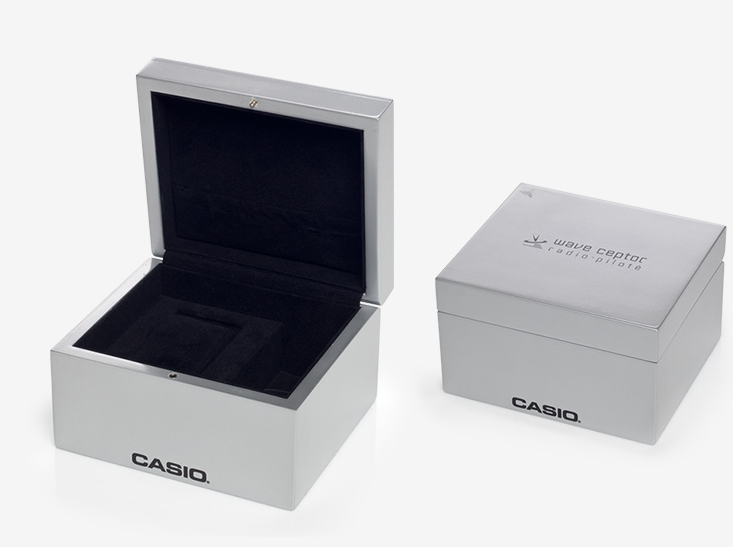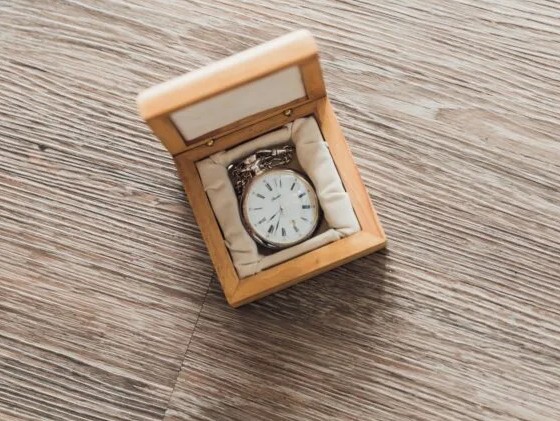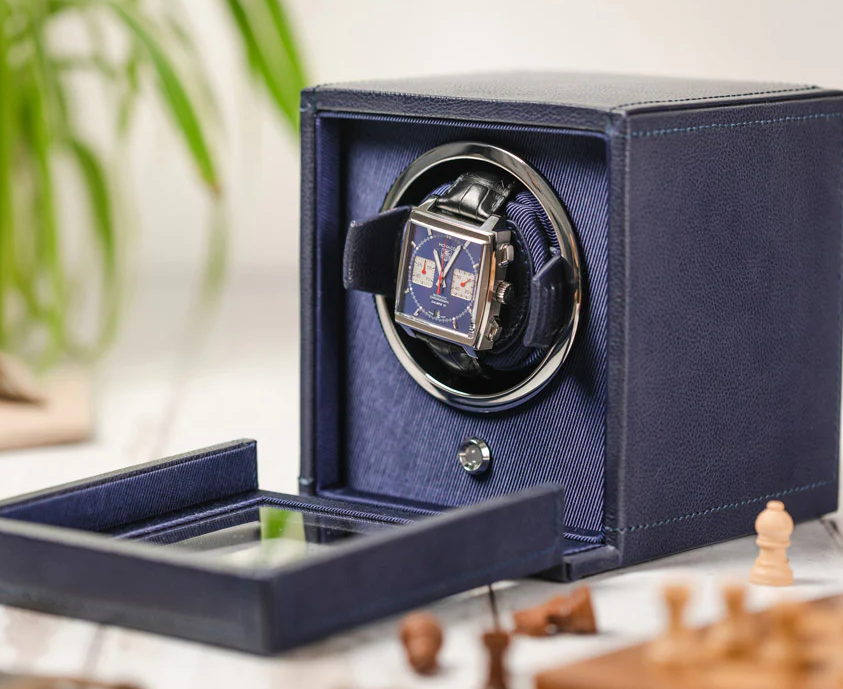A hard shell eyeglass case is a protective container designed to store and safeguard eyewear. Made from durable materials like polycarbonate or ABS plastic, it shields glasses from impacts, scratches, and daily wear, prolonging the lifespan of the eyewear and ensuring optimal lens clarity.
Table of Contents
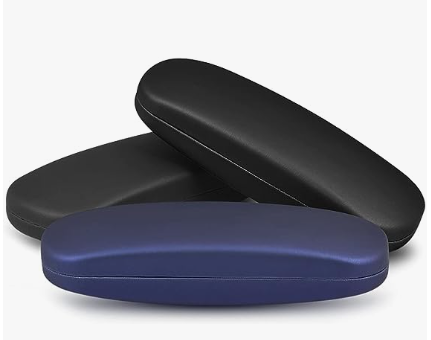
Introduction
Eyeglasses represent a significant investment for many, both in terms of finances and the crucial role they play in our daily lives. They are not just a means to correct vision; they have also become a fashion statement. As such, safeguarding them against potential damage becomes paramount.
The Importance of Eyeglass Protection
With over 700 million people globally relying on eyeglasses, their protection is a topic that can’t be ignored. A study from 2019 revealed that around 15% of eyeglass users have experienced a significant form of damage to their glasses at least once. These damages can range from minor scratches to full breakages.
- Cost Implications: On average, a pair of prescription eyeglasses can range from $100 to $500. Multiplied by the number of damages, this represents a significant economic loss.
- Vision and Safety: Scratches or breakages can impede vision, which can be particularly hazardous during activities like driving. The National Highway Traffic Safety Administration estimated that impaired vision contributed to 10% of road accidents in 2020.
- Longevity: Properly protected eyeglasses have a lifespan of 2-3 years. In contrast, unprotected or poorly protected glasses might need replacement every year.
Overview of Hard Shell Cases
Hard shell cases have emerged as one of the most effective tools in eyeglass protection.
- Material & Quality: Typically made of durable materials like polycarbonate, these cases are designed to resist high-impact forces. Polycarbonate, for example, has a tensile strength of about 70 MPa.
- Efficiency in Protection: Hard shell cases reduce the probability of damage by up to 90%.
- Dimensions & Specs: Most hard shell cases are about 6 inches in length, 2.5 inches in width, and 1.5 inches in height, making them compact enough to be portable yet spacious enough to house various eyeglass sizes.
- Cost-effective: Investing in a hard shell case, which can range from $10 to $50, can save hundreds in potential eyeglass repairs or replacements.
- Functionality and Design: Beyond protection, these cases often come with sleek designs and additional compartments for lens cleaning cloths or mini screwdriver kits.
Design and Materials
The synergy between design and material choice determines the overall functionality, aesthetic appeal, and protection level offered by hard shell eyeglass cases.
Hard Shell Eyeglass Case Materials
The materials selected for eyeglass cases play a pivotal role in their efficiency.
- Polycarbonate: Polycarbonate stands out due to its impressive tensile strength of around 70 MPa. It’s also resistant to UV radiation, ensuring that the case won’t degrade easily when exposed to sunlight. A typical polycarbonate case can last up to 5 years with regular use.
- ABS Plastic: ABS or Acrylonitrile Butadiene Styrene is another favored material. While its tensile strength, at about 40 MPa, is less than polycarbonate, it’s often cheaper, making it a cost-effective choice for many manufacturers.
- Metal Alloys: Some high-end eyeglass cases incorporate metal alloys, primarily aluminum, for a sturdier finish. While heavier, they offer premium protection. These cases can cost upwards of $100 due to the value of the material and the intricacy of the design.
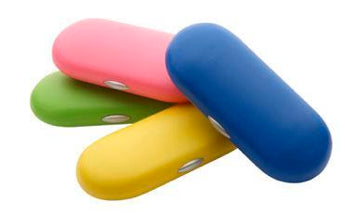
Design Aesthetics and User Preferences
Eyeglass cases don’t only serve a protective function; they’re also a reflection of a user’s style.
- Modern Minimalistic Designs: Sleek, streamlined designs with monochromatic color schemes currently dominate the market. They fit well in professional settings and appeal to users aged 25-40.
- Retro and Vintage Designs: Leveraging patterns from the 60s and 70s, these cases resonate with users who appreciate nostalgic vibes. They often come with metal clasps and detailed engravings.
- Customizable Cases: Many companies now offer the option to customize the exterior of the case with images or initials, allowing users to add a personal touch.
Durability and Protection Capabilities
The primary function of a hard shell eyeglass case is protection, and its design heavily influences this capability.
- Impact Resistance: A high-quality hard shell case can withstand a direct impact of up to 50 kg without transferring significant force to the glasses inside.
- Scratch Protection: The inner lining, often made of soft materials like velvet or felt, ensures the lenses remain free from scratches.
- Temperature Resistance: Good cases provide some degree of insulation. They can keep glasses safe in temperatures ranging from -10°C to 50°C, ensuring neither cold nor heat warp the eyeglass frames.
- Functionality: Beyond basic protection, cases often come with compartments for lens cleaners or tiny tools, and designs like clamshells allow easy one-handed access.
Types of Hard Shell Eyeglass Cases
The design of eyeglass cases has evolved over the years, accommodating both functional and aesthetic demands. Let’s explore these designs in depth.
Clamshell Design
The clamshell design mimics the two-hinged halves of a clam. It’s one of the most popular and longstanding designs.
- Material and Durability: Often made from polycarbonate, these cases have a high impact resistance, capable of withstanding up to 60 kg of direct force. The expected lifespan is around 5-6 years with daily usage.
- Dimensions and Specs: Typically, these measure 6.5 inches in length, 2.8 inches in width, and 1.7 inches in height.
- Price Range: They range from $10 to $40, depending on brand and material quality.
- Efficiency: The tight-seal mechanism ensures dust and dirt stay out, while the soft interior prevents lens scratches.
- Quick Access: The clamshell design allows for easy one-handed access, making it user-friendly.
Zippered Hard Cases
Zippered designs add an extra layer of security and are becoming increasingly popular among users.
- Material and Quality: They often use ABS plastic for the outer shell and a smooth zipper mechanism to ensure ease of access. A quality zippered case can serve for about 4-5 years.
- Dimensions and Specs: Average dimensions are 6 inches in length, 3 inches in width, and 2 inches in depth.
- Cost Implications: Typically priced between $15 and $50.
- Efficiency in Protection: The zip provides additional security, ensuring the glasses don’t accidentally fall out, and offers excellent protection from external elements like rain or dust.

Sliding Design
The sliding design is a newer, innovative approach to eyeglass cases.
- Materials: Aluminum or metal alloys primarily construct the outer shell, providing a sleek, modern look.
- Dimensions and Specs: These often measure 6.2 inches in length, 2.6 inches in width, and 1.8 inches in height.
- Price Range: Being a premium design, these are priced higher, ranging from $40 to $80.
- Efficiency: They provide protection against impacts but can be slightly less effective against dust due to the sliding mechanism.
- User-Friendly Aspect: The slide-out design provides a unique method of accessing glasses, which some users find appealing.
Vintage and Modern Fusion Designs
These cases combine aesthetics from bygone eras with modern functionality.
- Materials Used: Materials like leather, combined with metal clasps, give them a vintage appearance. Inside, they’re lined with soft velvet or felt to ensure lens protection.
- Specifications: Their sizes can vary, but most are around 6.5 inches in length and 3 inches in width.
- Price: Due to the detailing and materials, these cases can range from $30 to $100.
- Efficiency: They efficiently combine protection with style, making them both functional and a fashion statement.
- Design Highlights: Features like embossed patterns, metal locks, or engraved initials set them apart.
Benefits of Using Hard Shell Cases
Opting for hard shell eyeglass cases is not just about style; it’s an investment in preserving the condition and lifespan of one’s eyewear. Let’s delve into the multitude of advantages these cases provide.
Protective Benefits Against Impacts
Hard shell cases have become an indispensable accessory for eyeglass wearers primarily due to their robustness.
- Material Strength: With materials like polycarbonate and ABS plastic, these cases can resist impacts of up to 70 kg force, significantly reducing the risk of damage to the glasses inside.
- Design Efficiency: The solid structure, combined with cushioned interiors, absorbs shocks and evenly distributes pressure, preventing the glasses from breaking or bending.
- Cost Savings: Given that the average cost of eyeglasses ranges from $100 to $600, depending on the brand and lens customization, protecting them translates to substantial savings over time.
Prevention of Lens Scratches
A scratched lens can hinder vision, and replacing them can be quite pricey.
- Soft Interior Lining: Materials like velvet or felt, commonly used for case interiors, ensure that lenses remain pristine and scratch-free.
- Value Proposition: The average cost to replace scratched lenses can range from $50 to $200. By preventing scratches, hard cases effectively pay for themselves in the long run.
Prolonged Lifespan of Eyeglasses
Regular wear and tear can reduce the functional lifespan of eyeglasses.
- Maintenance of Structural Integrity: Glasses, especially those with thin or designer frames, are prone to bending or misalignment. A hard shell case ensures they retain their original shape.
- Financial Benefits: Extending the lifespan of eyeglasses by even a year can save users between $100 to $600, depending on their eyewear’s initial cost.

Convenience in Portability and Storage
Portability is vital, especially for those constantly on the move.
- Compact Design: Most hard shell cases have dimensions around 6.5 inches in length and 3 inches in width, making them easy to slip into bags, purses, or pockets.
- Weight Aspect: Even with robust materials, most hard shell cases weigh between 100 to 250 grams, making them lightweight and travel-friendly.
- Storage Efficiency: Some designs come with compartments or pockets for lens cleaners or tiny tools, making them an all-in-one eyewear maintenance kit.

